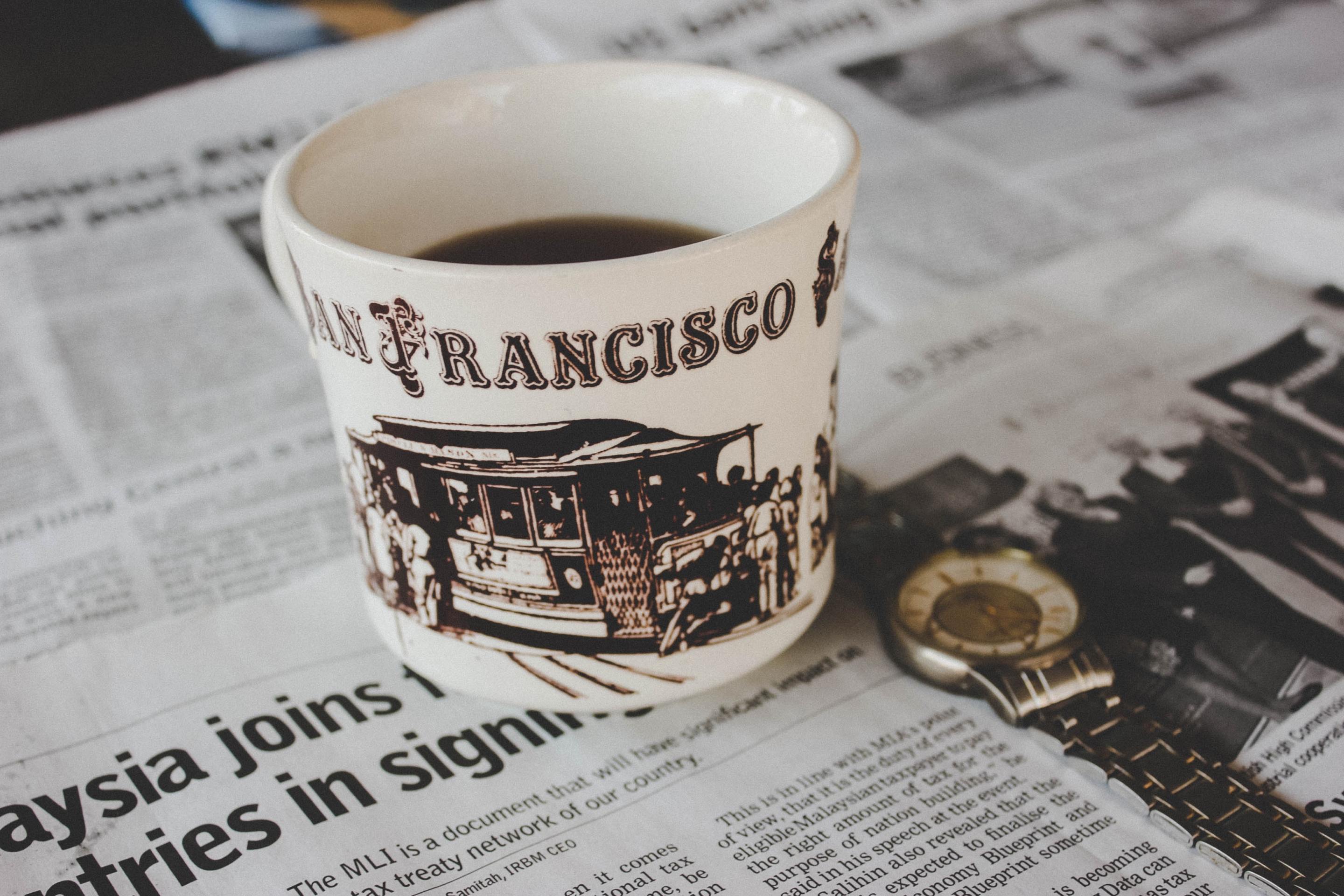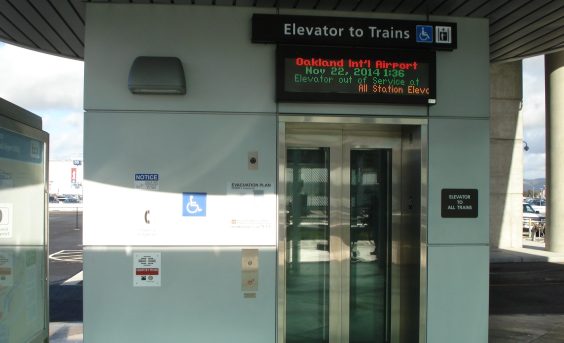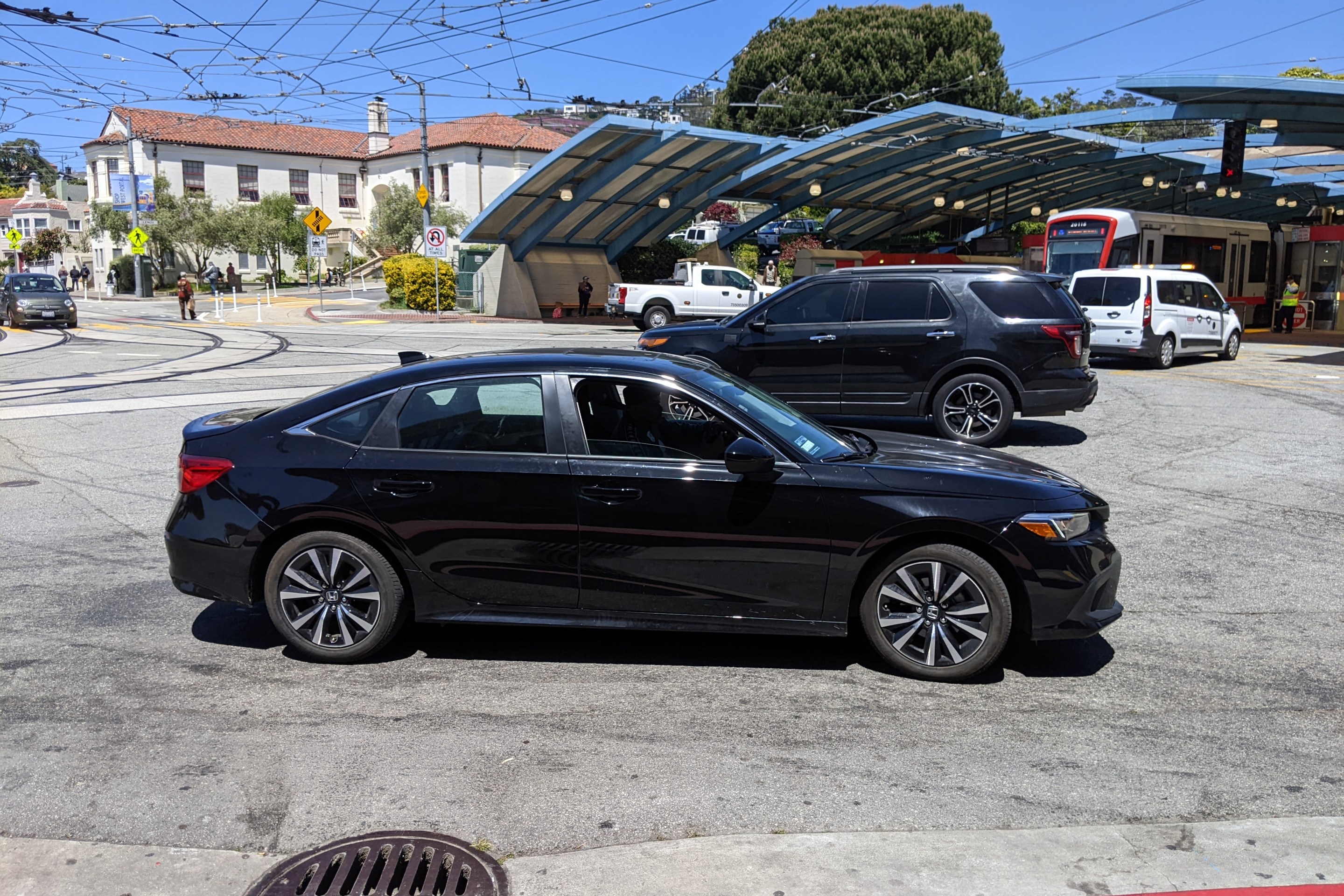The Car Loan Loophole: How Auto Dealers Dodged Financial Reform
9:20 AM PDT on July 13, 2010
The fat lady hasn’t sung yet, but the country’s auto dealers have
been exempted from the financial reform bill now in its final stage in
Congress. Given that the purpose of the bill is to protect Americans
from harmful manipulation by the people selling them financial products,
this is a pretty stunning development. The nation’s auto dealers either
provide or broker most of the $850 billion worth of currently
outstanding car loans across America. That’s a pile of financial
product: It’s more than household credit card debt and second only to
home mortgages.
 Many of the home finance industry's
Many of the home finance industry'sunethical practices were mirrored by the nation's auto dealers, but the
regulatory response has left the car loan market untouched.
Every
year, 50 million people buy a car, and 94 percent of those sales are
loan-financed, to an average tune of over $28,000 for a new vehicle. At
both new and used lots, a good number of those loans involve unethical
and fraudulent practices. Like the mortgage industry, dealers have
pushed credit and pricey products on people who couldn’t afford them,
and then fudged paperwork to make it appear they could. They offered
"zero interest and no money down" and extended loan terms from what was
until recently an average of three or four years to seven and even eight
years, leaving huge numbers of car owners "upside-down" on their loans
-- which is to say, owing more than their car is worth.
More egregiously, their business innovations -- not advertised as such,
of course -- include such activities as “power-booking” (reporting to
lenders that a car is equipped with non-existent options, thereby
raising the amount of the loan) and “yo-yo financing” (a form of bait
and switch, in which car buyers leave a down payment or trade in their
car, drive off the lot, and then are falsely told that the financing
"fell through" and that they have to pay a higher interest rate, often
under threat of repossession or arrest).
The list goes on. Dealers regularly get kickbacks and markups from
other lenders. Car loans have been packaged and dangerously securitized,
just like home mortgages. Dealers encouraged many car buyers to use
home equity loans to make their purchases, obliterating whatever cushion
they had when home prices plummeted. It’s a jungle on the lot for
consumers, especially the poor and those with poor credit.
In a
recent New Yorker article, James Surowiecki seeks to explain how
the auto dealer exemption could have happened when it is so opposed to
the public interest, and when powerful actors like Citibank and J. P.
Morgan did not escape regulation. He sees it as mostly a public
relations coup, with the dealers presenting themselves as Main Street
plain folks, virtually victims of the financial system themselves. They
also played up the number of jobs dealerships provide in communities
across the nation (how those jobs would dry up if dealers had to make an
honest living was not made clear).
But what wasn’t noted is the power of the car dealers over the press
itself.
The auto industry is the single largest advertiser in America’s
newspapers, magazines, and television stations. It is the economic
backbone of those media, and this helps explain the minimalist coverage,
and the general lack of backbone in coverage, of this issue as the bill
worked its way through Congress. Over the past several months, the
loophole opened, then seemed to close, and then opened again. The media
could have been educating the public on what the automotive loophole
will cost them, day in and day out. Instead, they kept their focus on
other sources and forms of lending abuses.
And when dealers are called “small businesspeople,” that may suggest
they are in the same boat with the local embroidery shop owner or
restaurateur, but dealers are often the largest business in a community,
and many are part of large chains, like AutoNation. The auto dealer is a
little guy like the beachfront mansions of Long Island are cottages,
but PR-produced confusion has worked to the dealers’ advantage.
It isn’t just the financial reform bill that has left the real little
guy, the car buyer, exposed to the avarice of auto dealers. Americans
are at risk of ending up indentured to their car purchases because they
can't escape from the car system itself. While the car is often
presented as a vehicle of opportunity, getting people to work and new
life chances, in reality it locks people into a costly lifestyle,
creating more inequality in America than almost anything else besides
access to quality education. While that’s a topic for another post, it
is a key reason why transit and bikeable, walkable communities are so
desperately needed -- to create a loophole car dealers can’t drive
through.
Catherine Lutz, an anthropologist at the Watson Institute at Brown
University, and Anne Lutz Fernandez, a former marketer and banker, are
the authors of Carjacked: The
Culture of the Automobile and its Effect on our Lives (Palgrave
Macmillan).
Stay in touch
Sign up for our free newsletter
More from Streetsblog San Francisco
Supervisor Melgar Betrays Promises, Sells Out Family Killed in West Portal
Well that didn't take long




